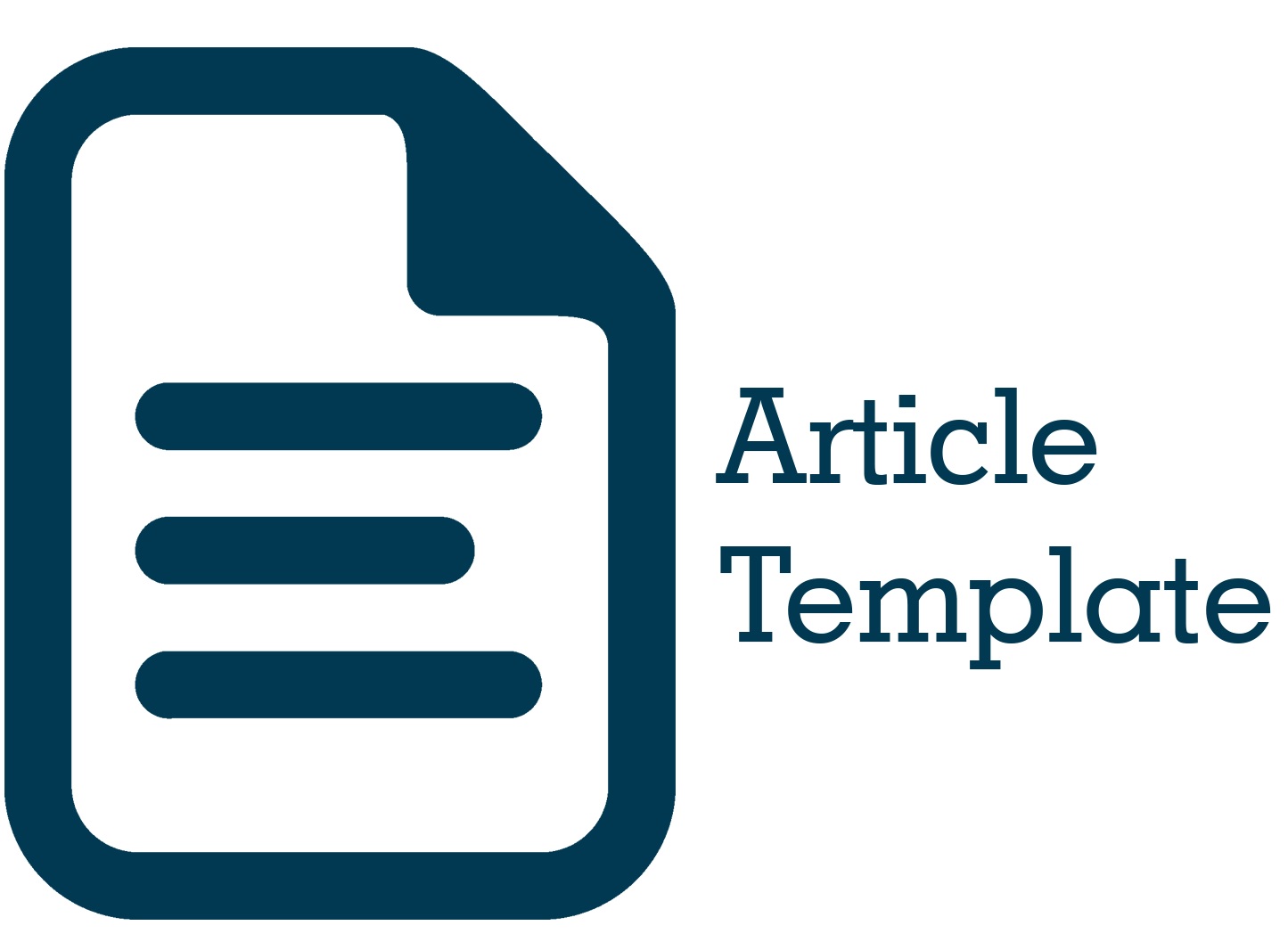Persetujuan Bangunan Gedung; Inovasi Kebijakan atau Involusi Kebijakan?
DOI:
https://doi.org/10.51135/PublicPolicy.v4.i1.p176-192Keywords:
Permits, Policies, Building ApprovalsAbstract
The service of permits to construct buildings is known as a Building Construction Permit (IMB), which contains various technical and administrative requirements. However, the rapid development of information technology and digital-based services has resulted in licensing applications using the Building Information System (SIMBG) application. During its journey, Law Number 11 of 2020 concerning Job Creation was issued, which had implications for changing the nomenclature of Building Permits (IMB) to Building Building Approvals (PBG), causing pros and cons in its implementation. This paper examines the impact of this policy change on the implementation of building permits. This study uses a qualitative method. From the results of the study, it is known that the change in arrangement from a Building Construction Permit (IMB) to a Building Construction Approval (PBG), which was initially regulated in Law Number 28 of 2002 concerning Buildings and Government Regulation Number 36 of 2005 regarding Implementation Regulations of Law Number 28 of 2002 concerning Buildings was declared invalid and amended by Government Regulation Number 16 of 2021 concerning Regulations for the Implementation of Law Number 28 of 2002 concerning Buildings which had an impact on delays in licensing in the regions. Policy changes that are expected to be innovative and progressive but in fact are experiencing a relative setback or policy involution..
Downloads

Downloads
Published
How to Cite
Issue
Section
License
Authors whose manuscripts are published in the Journal of Public Policy must agree to the following terms;
- Publication rights for all manuscript materials published are held by the editorial board with the author's consent.
- The legal formalities for digital access to the Journal of Public Policy are subject to the Creative Commons Attribution Sharealike (CC BY SA) license, which means the Journal of Public Policy has the right to store, redistribute, reformat, manage in a database, maintain, and publish the manuscript without seeking permission from the author as long as the author's name is included as the copyright owner.
- Published manuscripts are open access for the purpose of disseminating research results. Besides this purpose, the editorial board is not responsible for copyright law violations.


.png)



